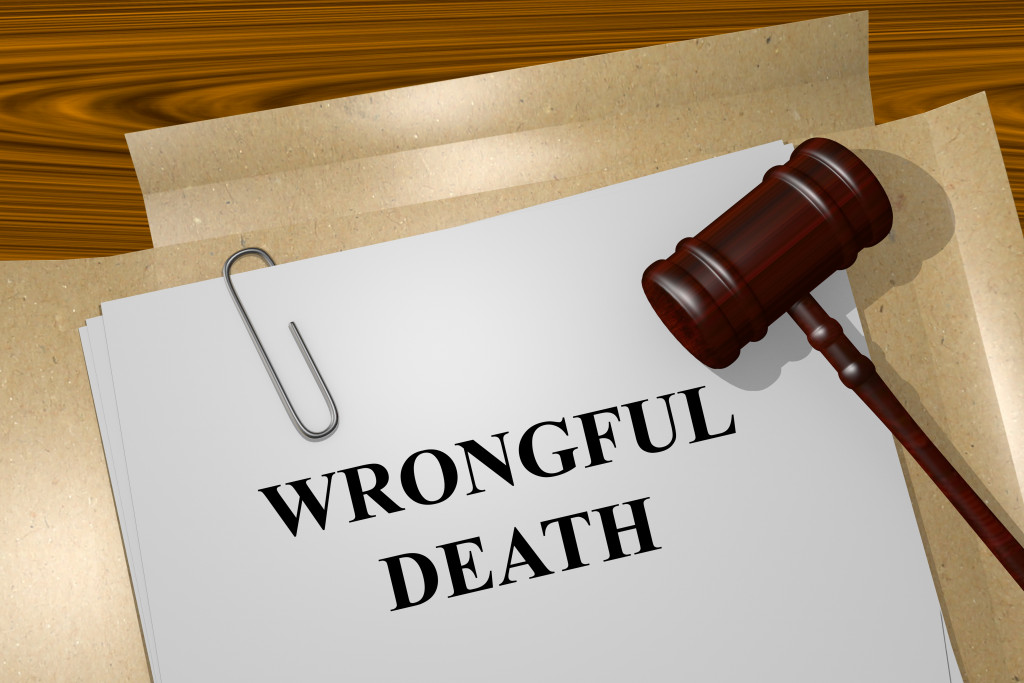The majority of crimes require deliberate behavior. For example, in certain jurisdictions, the crime of assault may be committed by the defendant deliberately employing or trying to use force against another person, such as with a punch or kick. In contrast, the unintended use of force against someone—for example, raising one’s arms in joy and inadvertently striking someone—does not constitute an assault.
However, some crimes entail careless behavior rather than deliberate behavior. The word “reckless” refers to a defendant’s simultaneous awareness and disregard for a significant danger of damage. An example is a defendant with prior DUI convictions who understands that driving drunk may injure or kill others but gets behind the wheel while intoxicated and causes a tragic accident.
Negligence is a term that is used more often in civil proceedings than in criminal ones. That’s because ordinary carelessness, such as getting inattentive while driving and rear-ending someone, is seldom grounds for a criminal conviction.
However, negligence, like recklessness, has a role in criminal law. Some courts distinguish between the two words, stating that recklessness requires the defendant to be aware of the danger in the issue, while criminal negligence arises when the accused should have been aware of the risks. In reality, however, the distinction is difficult to make, and many courts and legislators use the terms “criminal negligence” and “recklessness” similarly.
A Claim for Wrongful Death
To understand what a wrongful death suit is, you must first understand what it is not. A wrongful death lawsuit does not constitute a criminal prosecution. With a conviction, there will be no jail term or penalties. The district attorney has no involvement in initiating these actions.
A wrongful death claim, on the other hand, is a civil case. If your claim is successful, you will get cash compensation from the person that was at fault. These claims may arise as a consequence of any death caused by another person’s carelessness.
Wrongful death lawsuits may arise from a variety of irresponsible actions. Car accidents, sports accidents, violent crime, motorcycle accidents, medical negligence, or slip and fall injuries are just a few instances of wrongful death lawsuits.
These cases are brought against the responsible party, although they may not be the only ones interested in the issue. If the defendant’s insurance company has a policy that might cover the death, they will be very interested. Following the sad demise of a loved one, you already have a lot on your plate. Grieving is tough enough on its own, but sudden financial hardship may compound matters further. An experienced wrongful death lawyer can help relieve you of the burden of filing a legal claim, enabling you to concentrate on coping with your sorrow.
When determining whether or not you have a case, there are many variables to examine. For example, your loved one’s death must have been caused by the at-fault party’s violation of the duty of care. A duty of care is a legal responsibility to take reasonable precautions to avoid injuring others.

Our lawyers must also establish the extent of your injuries to estimate the value of your claim. In a wrongful death lawsuit, surviving family members may be entitled to seek compensation for lost income, burial expenses, loss of companionship, and loss of care and direction, among other possible damages. If you think you have a wrongful death claim, you should consult with an attorney as quickly as possible. Specific deadlines pertain to wrongful death claims, and a lawyer can assist you in meeting them.
The Impact to the Ones Left Behind
The death of a loved one is always painful, regardless of how or why it occurred. It may be especially devastating if a loved one’s death was caused by carelessness and might have been avoided.
Many mixed feelings and responses from surviving relatives and friends may accompany the mourning process, including:
- Anger Sleeping Problems
- Depressive episodes
- Denial
- Isolation or social withdrawal
- Regret
Mourning the loss of a loved one may last a long time, and sorrow is often prompted by particular events or things that remind survivors of the one they lost, such as the loved one’s favorite music or a location they liked to visit.
There are services available to assist people who have lost loved ones. For instance, you might be willing to meet with a psychotherapist to speak about your sorrow. There are also help groups available for people who have lost a loved one. Sharing emotions with other survivors may be highly beneficial when trying to comprehend what you are living through.




